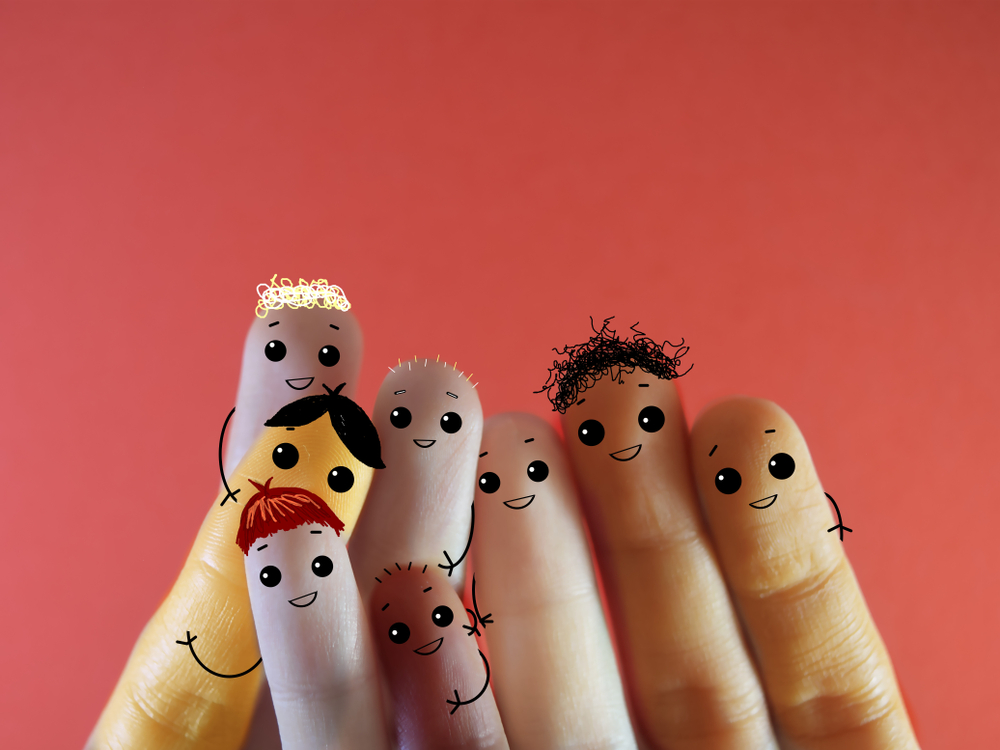Emotional expression Worksheets for Ages 4-8
4 filtered results
-
From - To
Introducing our "Emotional Expression Worksheets for Ages 4-8" – a fantastic resource designed to help young children identify and express their emotions in a healthy and effective manner. These engaging worksheets explore a variety of emotions, providing activities such as matching facial expressions to feelings, drawing exercises, and emotion-based storytelling. Perfect for home or classroom use, each worksheet aims to enhance emotional literacy, build empathy, and improve communication skills. Suitable for children aged 4 to 8, these fun and interactive sheets support social-emotional learning and foster a positive self-awareness. Start your emotional expression journey with us today!
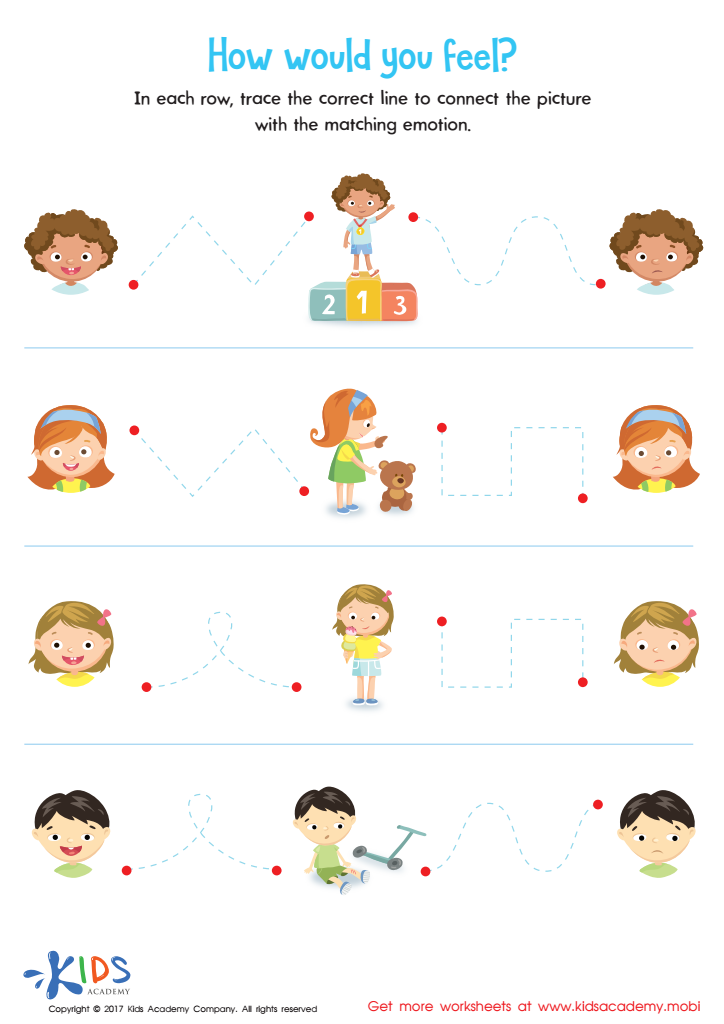

Feelings and Emotions Worksheet
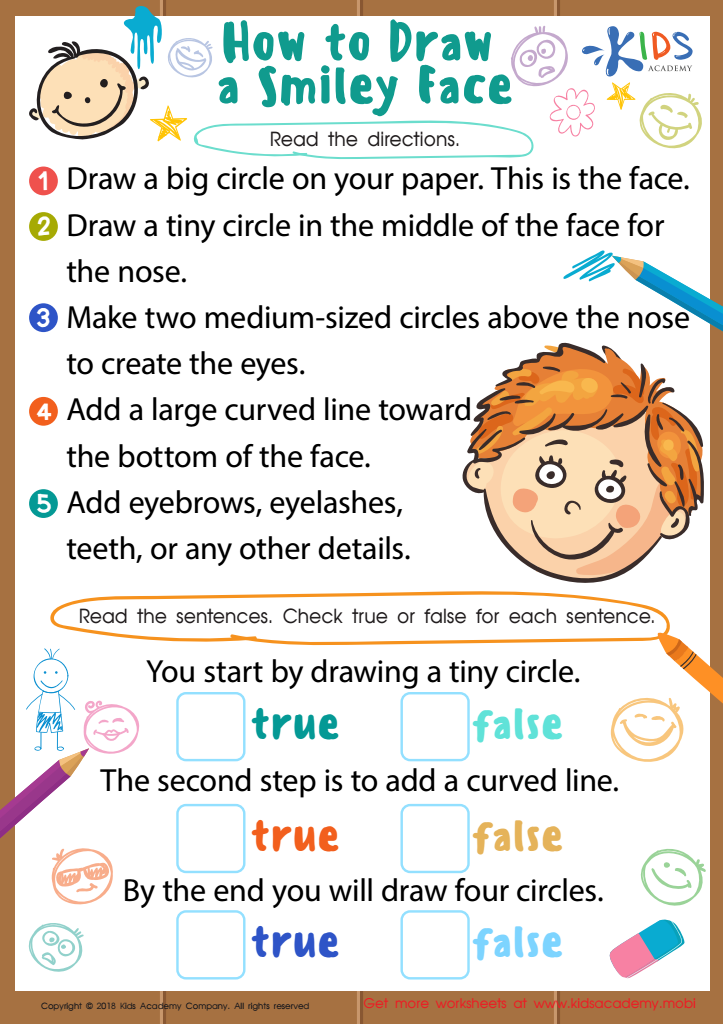

How to Draw a Smiley Face Worksheet
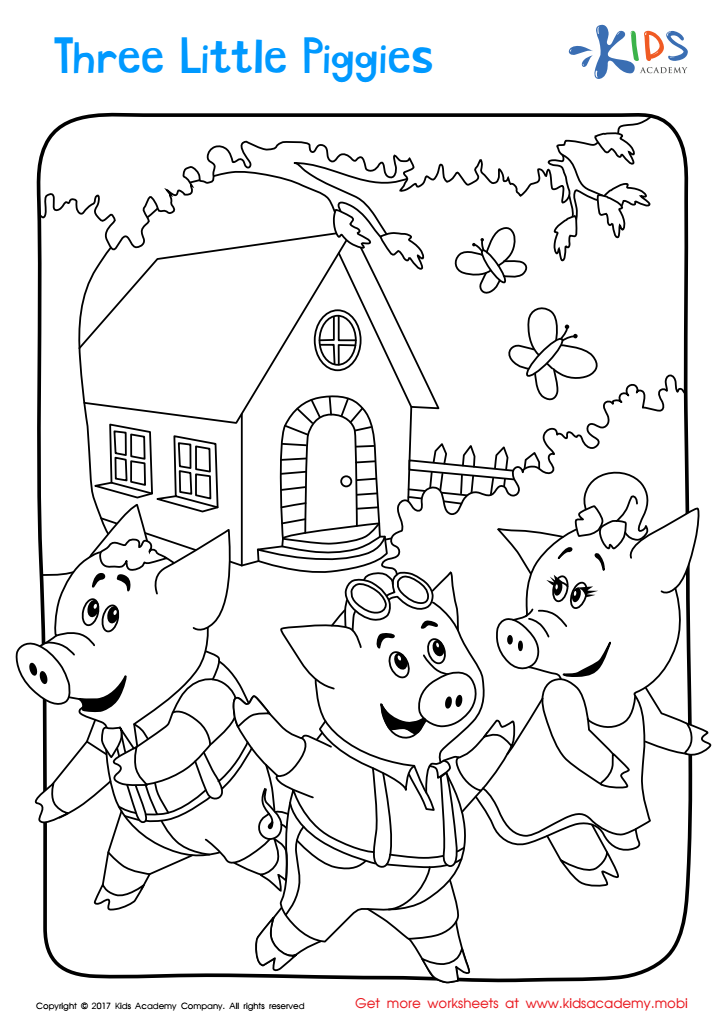

Three Little Piggies Printable Coloring Page
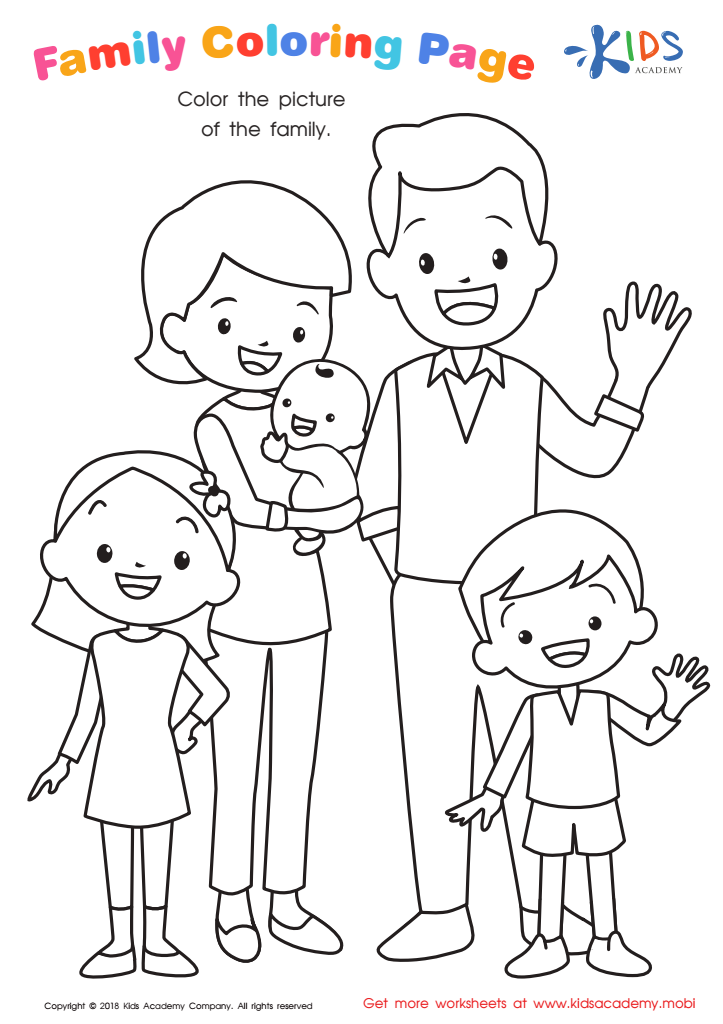

Family Coloring Page
Emotional expression is fundamental for children aged 4-8 because it directly impacts their overall well-being, social relationships, and academic success. At this formative stage, children are not only learning to identify and understand their emotions but also how to effectively communicate them. When parents and teachers give attention to emotional expression, they provide youngsters with a healthy outlet for their feelings, reducing the risk of behavioral problems or emotional distress.
Emotional expression aids in the development of empathy and social skills. When children can articulate how they feel, they are better equipped to understand the emotions of others, fostering relationships steeped in empathy and respect. Emotional literacy paves the way for conflict resolution, cooperation, and teamwork, vital both in school and in wider social settings.
Furthermore, children who can express their emotions constructively tend to perform better academically. Emotional turmoil can hinder concentration and problem-solving abilities, whereas a child who feels understood and supported is more likely to engage fully in learning activities.
Lastly, by encouraging and modeling healthy emotional expression, parents, and teachers set the foundation for long-term mental health. Teaching children early on to manage and express their emotions equips them with the coping mechanisms they'll use throughout their lives, fostering resilience and a positive self-image.
 Assign to My Students
Assign to My Students







